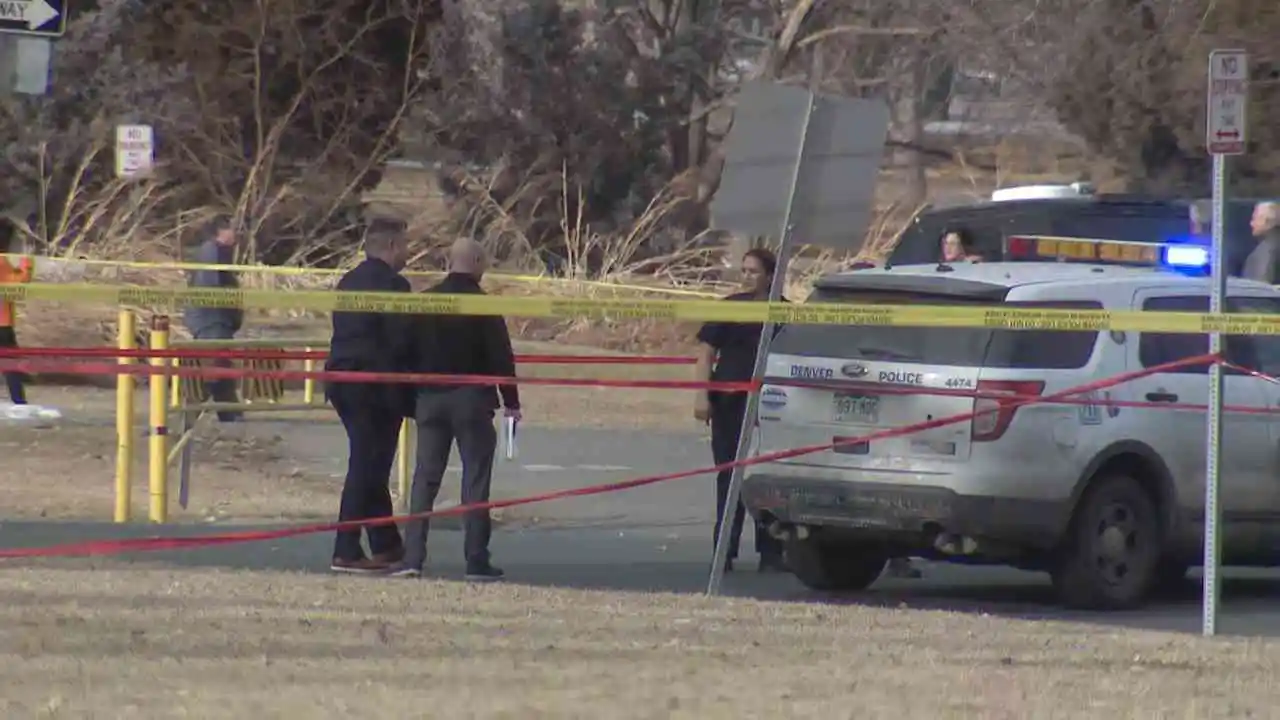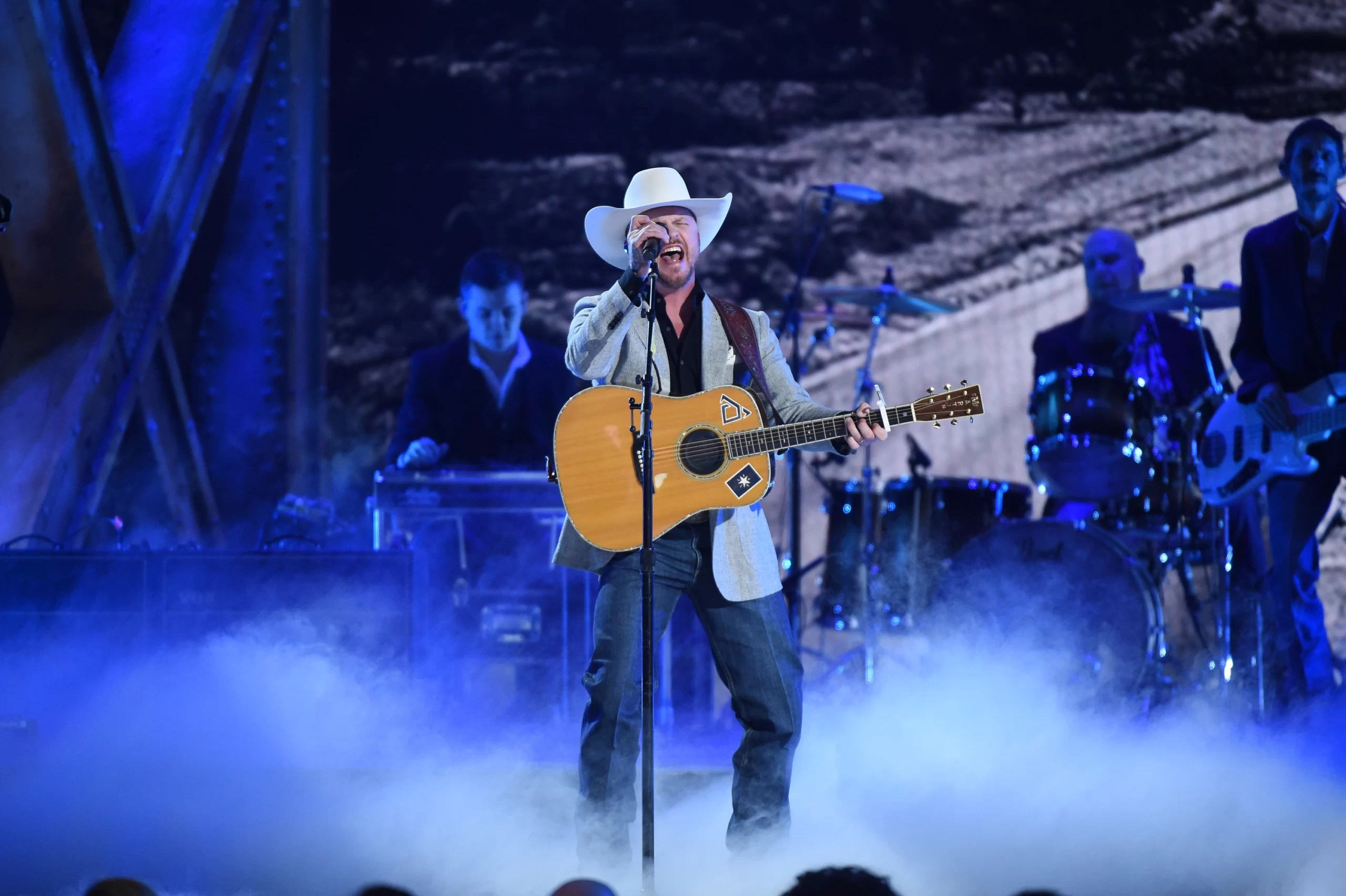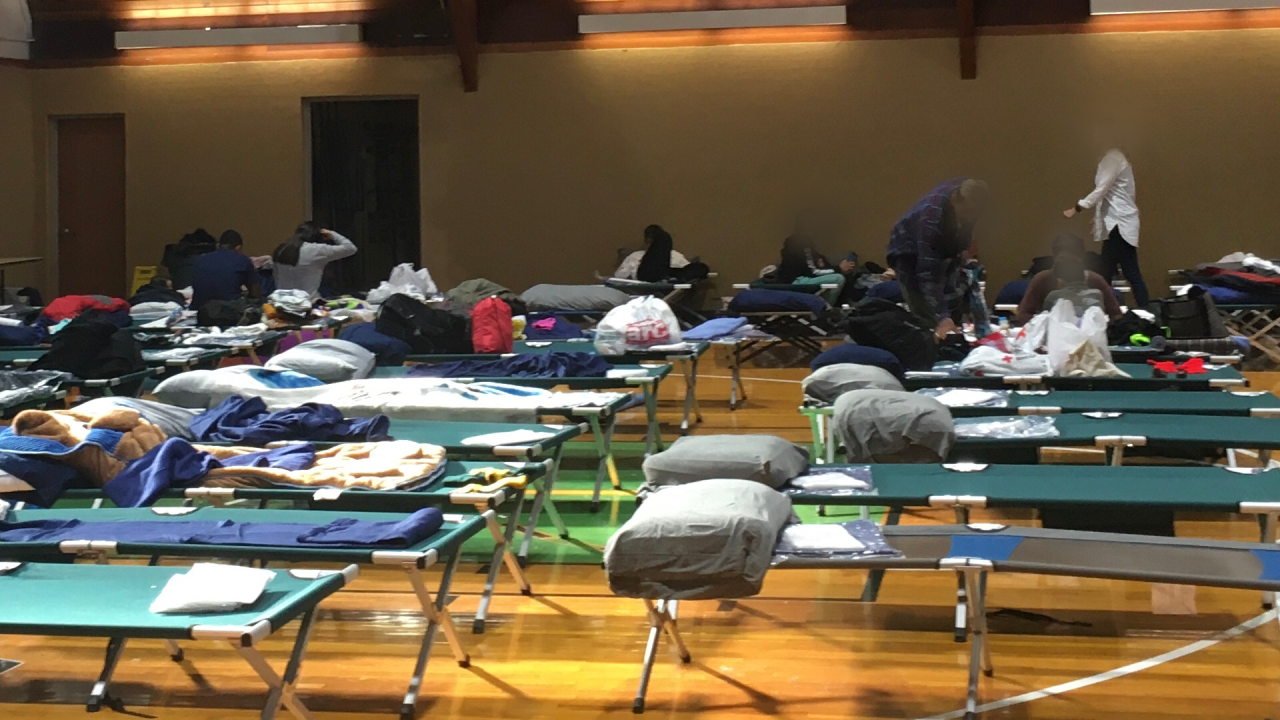Voters on are endorsing the city taking over responsibility for building out and maintaining Denver’s hodgepodge sidewalk network, according to unofficial 2022 election results.
In updated city vote totals released Thursday evening, Initiated Ordinance 307 was passing with roughly 53.8% of the vote. With 163,609 ballots counted as of that update, 87,987 votes had been tallied in favor of the measure compared to 75,622 votes against it, according to the Denver Clerk and Recorder’s Office. That’s a margin of 12,365 votes.
As of the Denver Elections Division’s Thursday evening update, there were still roughly 110,000 ballots left to count in the city.
“Due to the usual high volume of ballots cast on Election Day, we will be counting ballots for the rest of the week,” Denver Elections Division spokesman Alton Dillard wrote in an email.
Results won’t become official until the election is certified on Nov. 29, according to the city.
Despite the Denver election officials urging voters to turn in their ballots early, 116,132 were turned in on Election Day itself, roughly 41% of the total number of ballots being tracked on the city’s election dashboard.
“Every round of result what we’re seeing the margin increases and each round looks good but we just don’t feel comfortable quite yet,” 307 backer and Denver Streets Partnership policy director Molly McKinley said on Thursday afternoon when asked how confident she was the measure would pass. “I love the election workers and I am grateful for everything they are doing.”
Ordinance 307 asked voters to approve a fee program that would charge homeowners and commercial property owners various amounts per year to fund sidewalk work citywide. Sidewalk repair and installation in Denver today is the responsibility of the property owner
The annual fees — essentially an additional property tax — would vary widely for property owners. They would be calculated based on how many linear feet of sidewalks run alongside each property and the width of those sidewalks based on the type of street they faced.
Proponents argued that Denver’s current system is unsustainable. City-led inspections take far too long to ensure that property owners are repairing or installing sidewalks, leading to an inequitable system where 830 miles of the city’s 2,300-mile sidewalk network are too narrow for people using wheelchairs or parents pushing strollers and another 300 miles of Denver streets don’t have any sidewalks alongside them.
Opponents argued the fees were too high for some properties and would be burdensome for seniors and others living on fixed incomes. The measure includes a 20% discount for people living in neighborhoods known to be vulnerable to gentrification but that would not address vulnerable populations citywide. Property owners would also have the option to defer payments until they sell their property.
Should the measure hold on and pass, Denver Streets Partnership executive director Jill Locantore believes it will take the city transportation department a year to start implementing a sidewalk repair and installation program at scale. She also expects City Council members to approach backers to work on “refinement” of the measure. That’s something she is open to so long as suggested changes “stay true to the spirit of the ordinance but ensure the successful implementation of the program,” she said.
The city’s analysis of the measure and the revenue it would raise — roughly $40 million a year over its first five years and going up to $45.4 million in Years 5-9 — found that it would take 27.5 years to complete an overhaul of the Denver sidewalk network. That’s far longer than the nine years proponents of the measure were touting but still much faster than the current pace of work.
That estimate discounts the possibility of bonding against the revenue the fees would bring in, Locantore said. The Denver Deserved Sidewalks campaign believes the city could raise $850 million via a bond that could get the network built out in under a decade.










